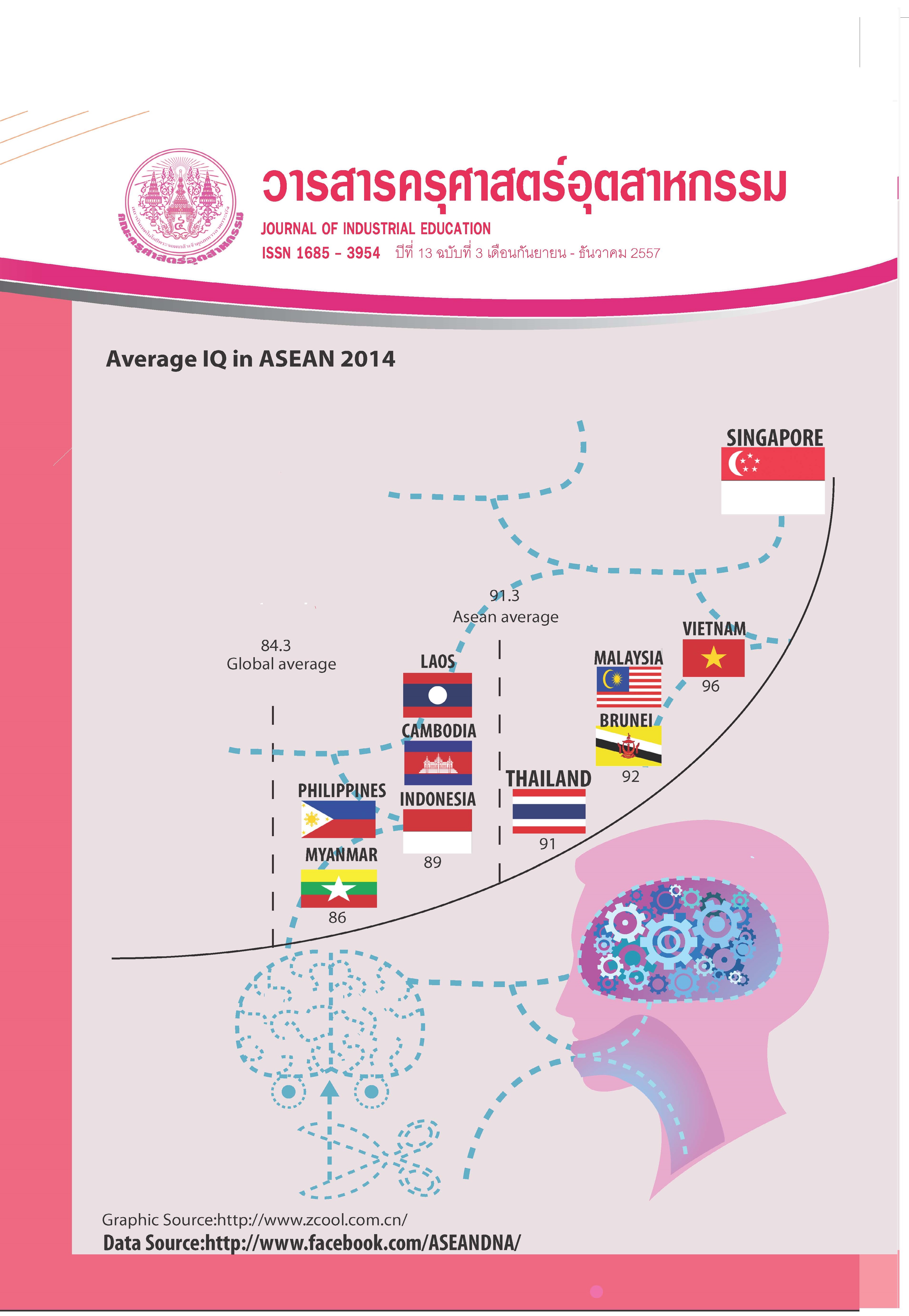Environmental Education and Public Mind Affecting Forest Conservation Behavior
Keywords:
Environmental education, Inspiration, Public mind, Environmental conservation, Forest conservation behaviorAbstract
This research was a quantitative research with the survey method. Data collection was conducted with the sample group of 390 local people who live in Khampom Sub-district, Wapeeprartoom District and Mahasarakham Province in the Northeastern region of Thailand. A questionnaire was used as the instrument for data collection. The objectives were to study the environmental education level, public mind for forest conservation level, and forest conservation behavior level and to study the independent variables of environmental education in terms of environmental knowledge, environmental awareness, environmental attitude, environmental participation, and public mind for forest conservation level affecting the dependent variable of local people conservation behavior. In data analysis, Multiple Regression Analysis was used for predicting the relationship between independent variables and dependent variable. The findings illustrated that environmental education, public mind for forest conservation and forest conservation behavior of local people were at high levels. Moreover, independent variables comprising of environmental knowledge,environmental awareness, environmental attitude and environmental participation, and public mind for forest conservation affected the dependent variable forest conservation behavior of local people with 78.70 percent of power prediction (Adjusted R2 = 0.784) with statistically significant at level of 0.01.
References
[2] Wildlife of Thailand. (2012). Forest.Retrieved from:https://www.wildlifethailand.com/blog/articles-2/wildlife-articles/116-forest-types-in-Thailand(Sep 29, 2013).
[3] Wikipedia. (2013). Forest. Retrieved from:https://en.wikipedia.org/wiki/Forest(Sep 29, 2013).
[4] Thiengkamol, N. (2009c). Environment and Development Book 2 (Food Security).Bangkok: Chulalongkorn University Press.
[5] Thiengkamol, N. (2011e). Environment and Development Book 1. (4th ed.).Bangkok:Chulalongkorn University Press.
[6] Kotchachote, Y., Thiengkamol, N.,&Thiengkamol Khoowaranyoo, T. (2013a).Casual Relationship Model of Forest Fire Prevention. European Journal of Scientific Research, 104 (3), p. 519-532.
[7] Nakpradub, S. (2013). Knowledge and Attitude Affecting Enterprise Resources Planning (ERP) System for Managing Officer Positions at Bangkok Spring Industrial Co., Ltd. Journal of Industrial Education. 12(1), p. 106.
[8] Thiengkamol, N. (2009b). The Happiness and the Genius can be Created before Born.Bangkok: Prachya Publication.
[9] Thiengkamol, N. (2011a). Holistically Integrative Research. (2nd ed.). Bangkok: Chulalongkorn University Press.
[10] Thiengkamol, N. (2011i). Development of Model of Environmental Education and Inspiration of Public Consciousness Influencing to Global Warming Alleviation. European Journal of Social Sciences, 25 (4), p. 506-514.
[11] Thiengkamol, N. (2011j). Model of Psychological State Affecting to Global Warming Alleviation. Canadian Social Science,7 (6):89-95, December 31, 2011.
[12] Thiengkamol, N. (2012c). Model of Psychological Trait Affecting to Global Warming Alleviation. European Journal of Social Sciences, 30 (3), p. 484-492.
[13] Thiengkamol, N. (2012d). Model of Psychological Factors Affecting to Global Warming Alleviation. International Proceedings of Economic Development and Research, 44, p. 6-12.
[14] Thiengkamol, N. (2012e). Causal Relationship Model of Environmental Education.Mediterranean Journal of Social Sciences, 3(11), p. 11-18.
[15] Sanpolgrung, N. (2013). Attitudes Towards Environmental Management System ISO14001:2004 of Operative Employees in Acting Sub LT Pichitchai kamin, Nongnapas Tiengkamol and Tanarat Khoowaranyoo Thiengkamol Somboon Advance Technology Public Company Limited. Journal of Industrial Education. 12(3).
[16] Tumpracha, K. Thiengkamol, N., &Thiengkamol, C. (2012b). Causal Relationship Model ofSecurity Management.Mediterranean Journal of Social Sciences, 3 (11), p. 625-636.
[17] Udonboon, C. Thiengkamol, N., & Thiengkamol,C. (2012b). Causal Relationship Model of Water Conservation Behavior. Mediterranean Journal of Social Sciences, 3 (11), p. 591-604.
[18] Waewthaisong, S. Thiengkamol, N., &Thiengkamol, C. (2012a). Causal Relation Model of Environmental Traveling Behavior.European Journal of Social Sciences, 33 (1),p. 184-195.
[19] Cronbach, J. (1951). Coefficient alpha and the internal structure of tests. Psychometrika,16, p. 297-334.
Downloads
Published
How to Cite
Issue
Section
License
"The opinions and contents including the words in papers are responsibility by the authors."
"ข้อคิดเห็น เนื้อหา รวมทั้งการใช้ภาษาในบทความถือเป็นความรับผิดชอบของผู้เขียน"



